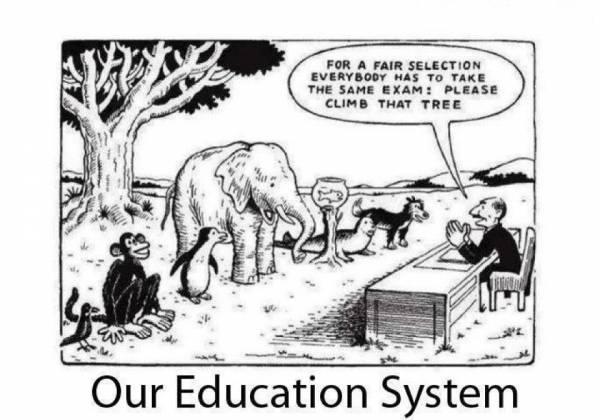MBAs are not generally known to be creative. In fact, many people (including author Seth Godin and Flickr cofounder Caterina Fake) think that business schools kill creativity! We disagree with this statement but think that a MBA programs can do more to teach, develop and promote innovation and creativity.
But Can Creativity and Innovation be taught in Business Schools?
Clayton Christensen states in the March 2012 issue of Harvard Business School Alumni Bulletin that only 5% are born with the innovation instinct!
I don’t want to overstate the case. I think about 40 percent of people just are not going to be good at innovating regardless of what they do. And 5 percent are born with the instinct. There are things that they do and ways that they think that are intuitive. The rest of us could learn what these innovators do if somebody could just crawl inside their brains and codify what to them is intuitive.
Creativity is not the prerogative of artists and musicians. Entrepreneurs and established firms should be nurturing creativity and innovation. Business Schools should be fostering creativity. It is true that more MBA programs are offering creativity and art related courses today than a few years ago.
I learnt juggling with three balls as part of a creativity seminar back in business school. Many MBA programs offer credit courses that encourage creativity. Professor Teresa Amabile (Edsel Bryant Ford Professor of Business Administration and a Director of Research at Harvard Business School) runs a class called “Managing for Creativity” for MBA students at HBS.
What we do at GraduateTutor.com to promote creativity
Throw open a set of good old LEGO boxes!
Throw up a challenge and you will see creativity flow. As MBA tutors, we love to promote creativity and innovation too. We set up a LEGO challenge. We set some limits for fair competition. Participants could only use pieces limited to a the 405 piece LEGO box. Here is my output from the afternoon:


Warning: Side effects or ancillary by products of opening up an LEGO competiton include lots of banter and laughter. Maybe what Professor Amabile would call a positive ‘inner work life’ (see below for more on this research).
PS: We used for the LEGO Large Brick Box for this project. Check out the video if you want to order one.
Foot note:
Professor Teresa Amabile and her psychologist husband Steven Kramer, studied creativity over a three-year period using journals maintained by 238 professionals from seven companies in high-tech, consumer products, and chemicals industries. They found that good moods and positive emotions (what they called “inner work life”), tended to spur creativity in employees.
